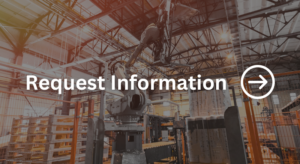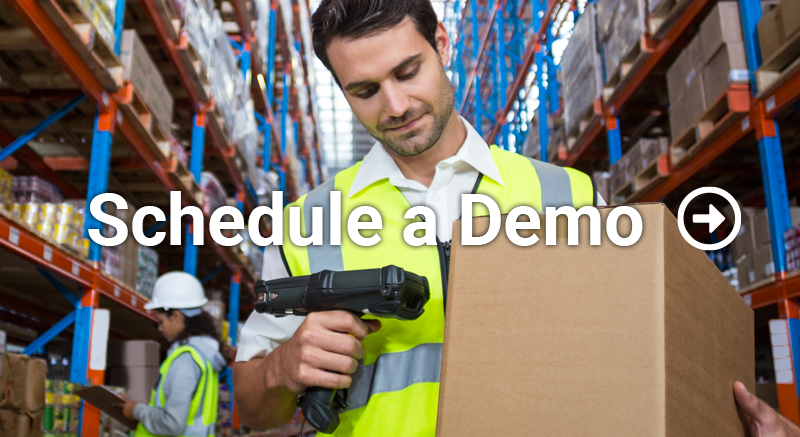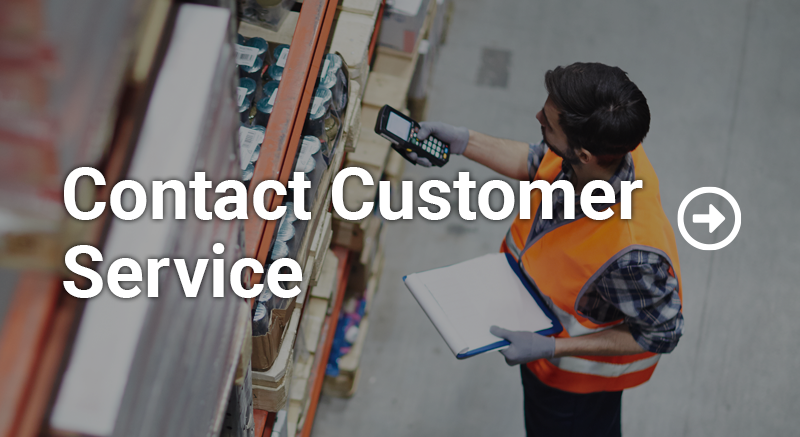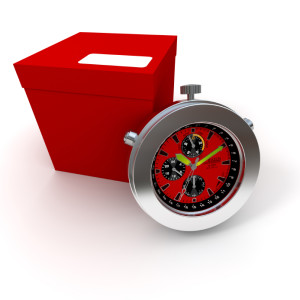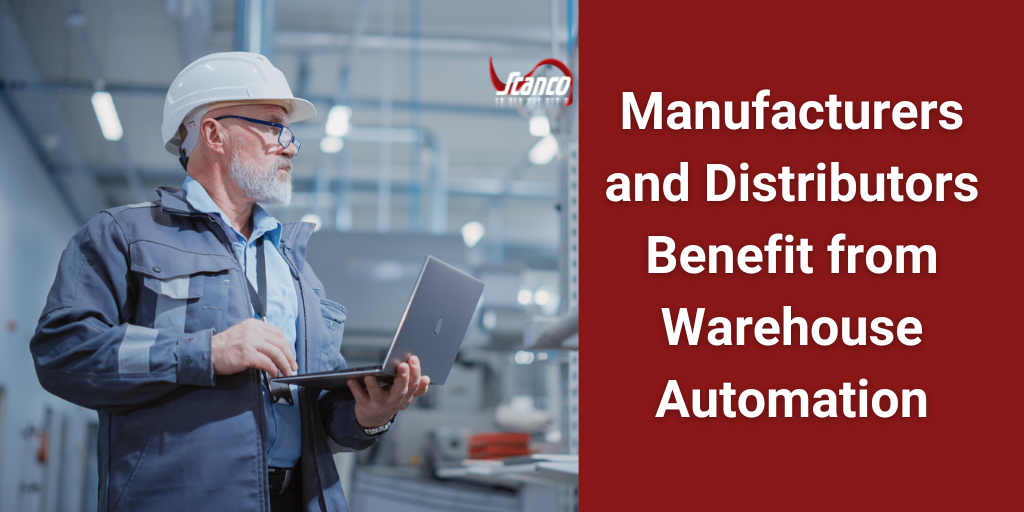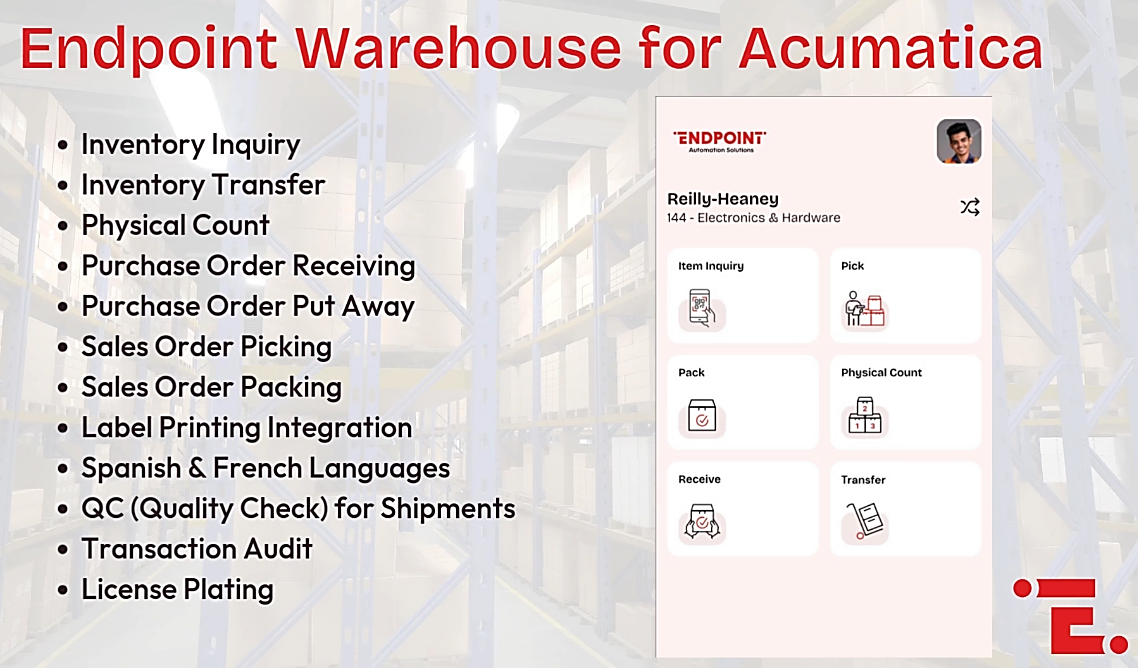March 5th 2025 10:26:27 AM
IoT is Transforming Warehouse Management and Entire Industries
April 26th 2016 15:00:38 PM
Did you know that warehouse automation tools are a key requirement in implementing Internet of Things (IoT) strategies? IoT is about interconnecting and creating intelligence from all of the devices around us. The sheer volume of data is staggering, but it offers a world of opportunities for efficient warehouse management, increased product reliability, and improved customer relationships.
IoT programs offer significant financial benefits
Even though IoT is a relatively new concept, businesses are already seeing positive revenue impact and project double-digit revenue growth due to IoT. IoT programs benefit companies and their customers as businesses gain the information needed to customize product lines, tailor marketing, speed up product enhancements, streamline warehouse management, and provide more effective customer service.
For the company, this technology offers cost savings and productivity enhancements. Manufacturers and distributors who have embraced mobile technology in their businesses are in a better strategic position to take advantage of IOT. They are experiencing reduced machinery downtime (as they are automatically alerted to system and machine errors), increased quality, less waste, and greater visibility through improved analytics.
Four Types of IoT applications
The application of IoT can be segmented into four categories—monitoring products, customers, premises, and the supply chain. Each of these categories has different purposes and may be more effective in specific industries. No matter the category, implementing IOT requires changing how the business thinks about customers, products, and processes. It requires an openness to evaluate the data and the flexibility to make changes based on the data.
Supply chain: This category is the most mature and includes technology like RFID and barcoding that have been used for a long time. Here companies put sensors or cameras in the production and distribution operations from the point of manufacture to the customer. The goal of using this type of IOT is to streamline operations including warehouse management.
Product-based: This category is the where most of the IOT investment is being made. Here companies embed sensors and software into a product in order to track it after it has been sold. Businesses are using this type of sensor to improve product reliability and service.
Customer-based: This category is used to track customer use of the product through digital devices that customers carry. The primary devices used today are smartphones, but wearables hold potential for this category as well. One application in this category is automatic refills of consumable products.
Premises-based: This category is largely implemented by retail and service-oriented businesses. Companies put sensors, digital cameras, and other devices in retail or service locations in order to better understand customer interactions.
IoT programs deepen customer relationships
In order to realize a positive financial impact, IoT must be used to produce value to the customer. In a competitive market, customer relationships are more important than ever. Businesses must deliver value through new product and service offerings as well as improved product reliability. With IoT, sometimes the manufacturer can identify product problems before the customer knows about them. Businesses can reach out automatically to customers to understand their needs, discern how they really use the products and services, and identify ways to deepen relationships.
Implementing IoT requires data collection, storage, and analysis. The first step is to identify revenue or cost-saving opportunities and determine what data to collect. The next step is to choose the types of sensors and software that will collect that data. In order to be effective, IoT systems must include real-time integration to enterprise systems. System reliability and security are also critical issues that must be addressed.
Scanco offers automation tools for data collection with real-time, seamless integration to Sage 100 and Sage 500 ERP software. If you are looking to implement IoT strategies in your warehouse, contact us.
